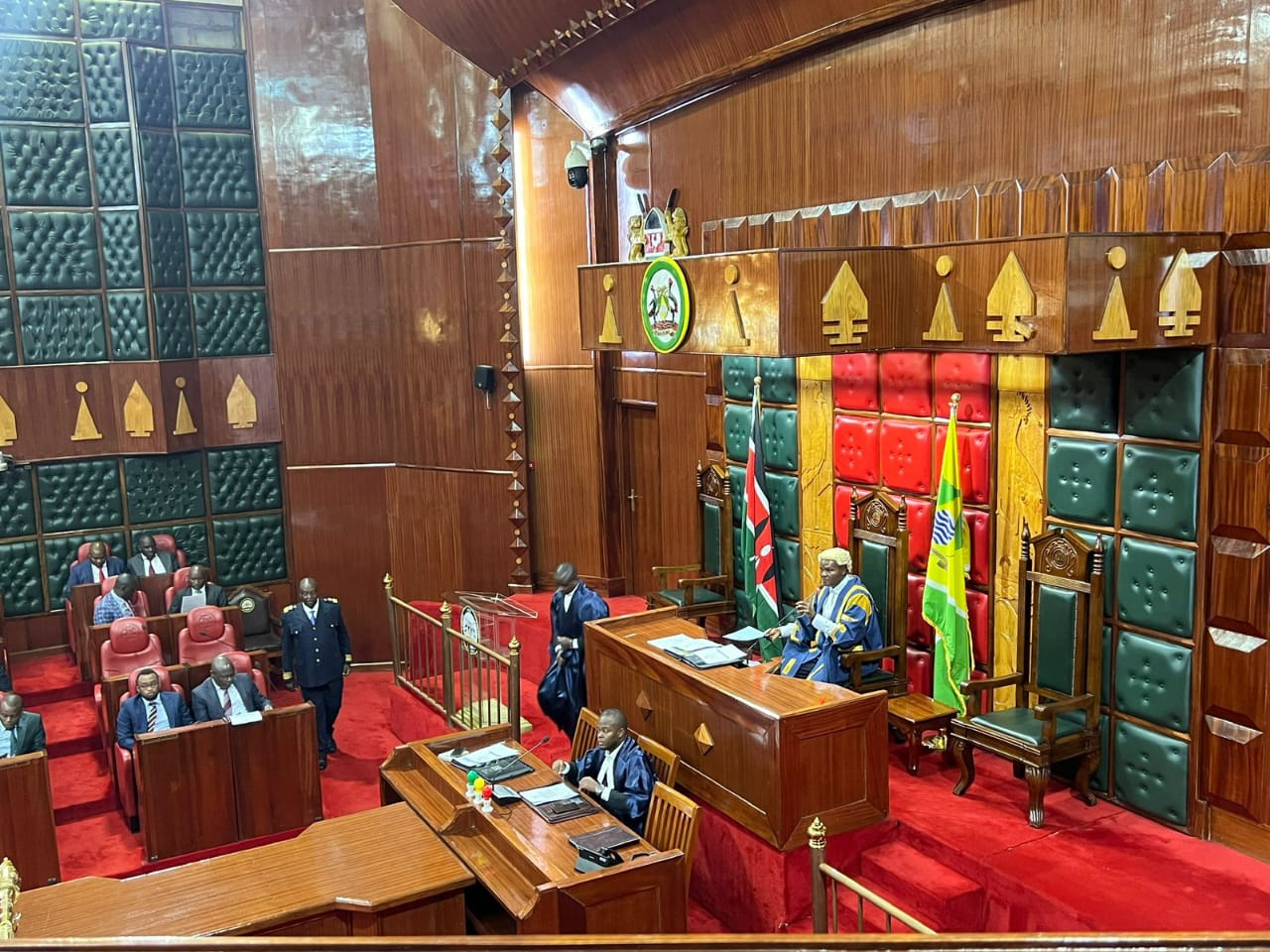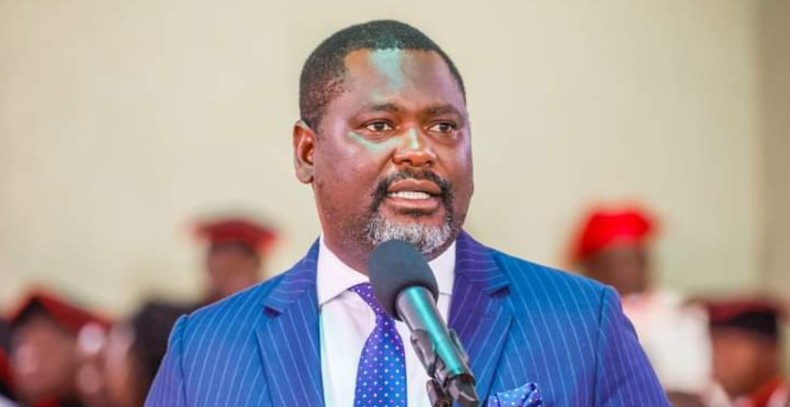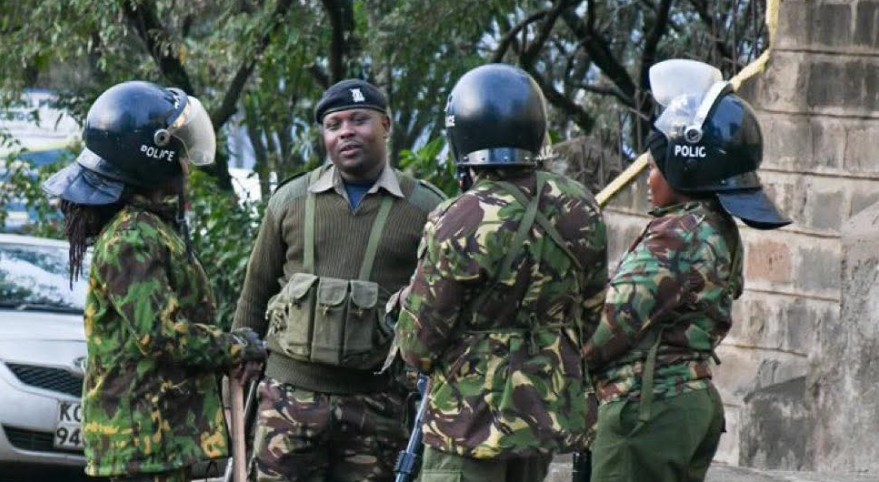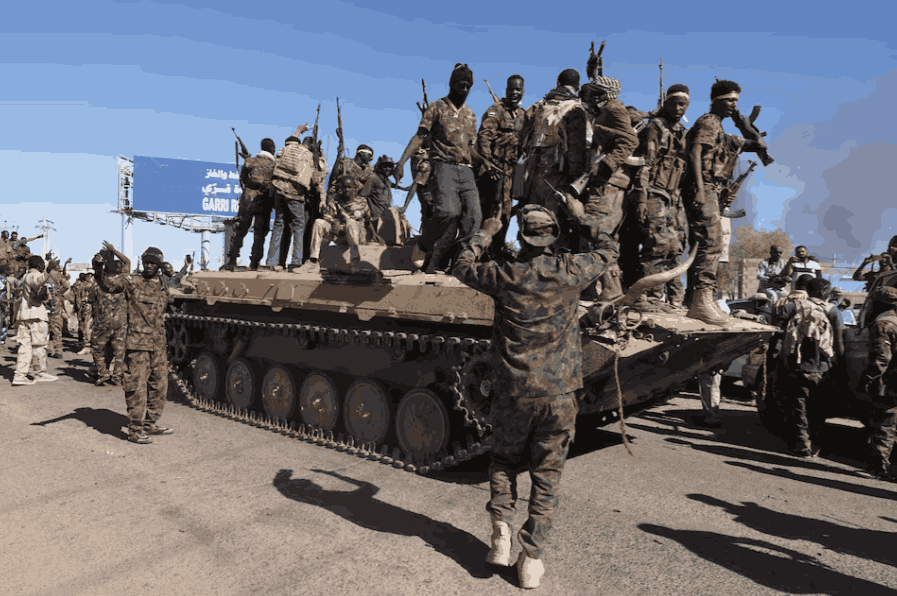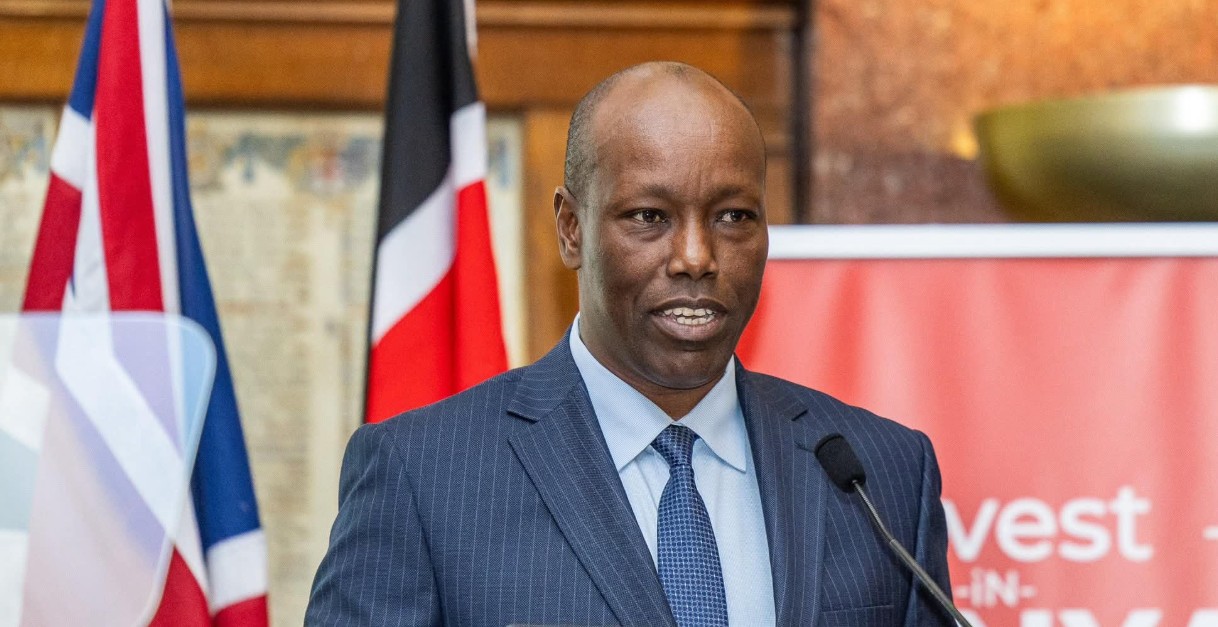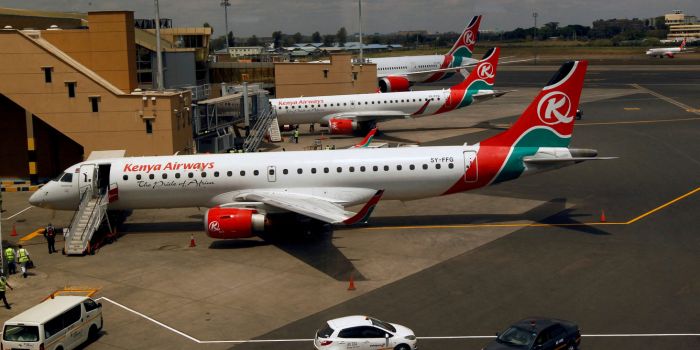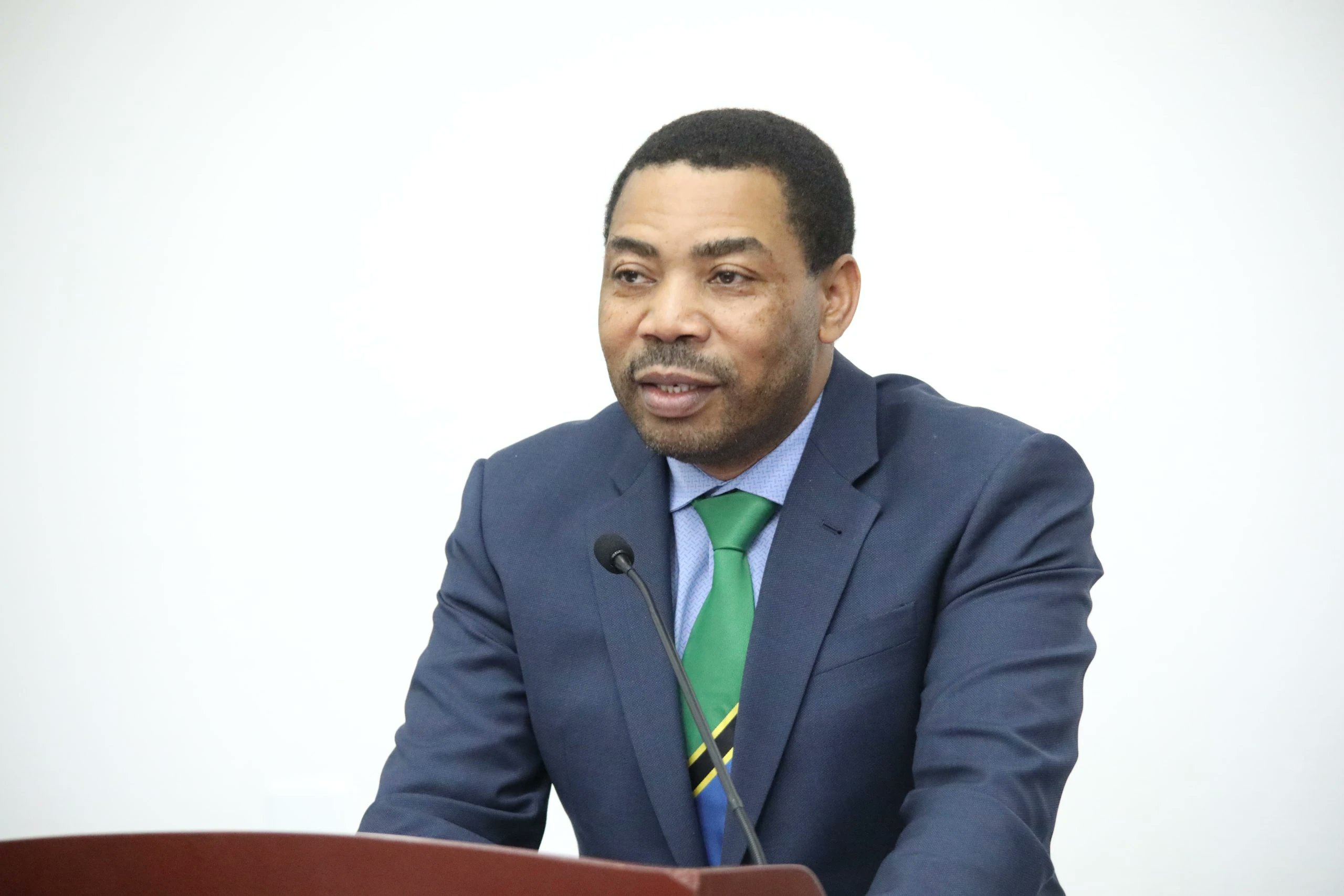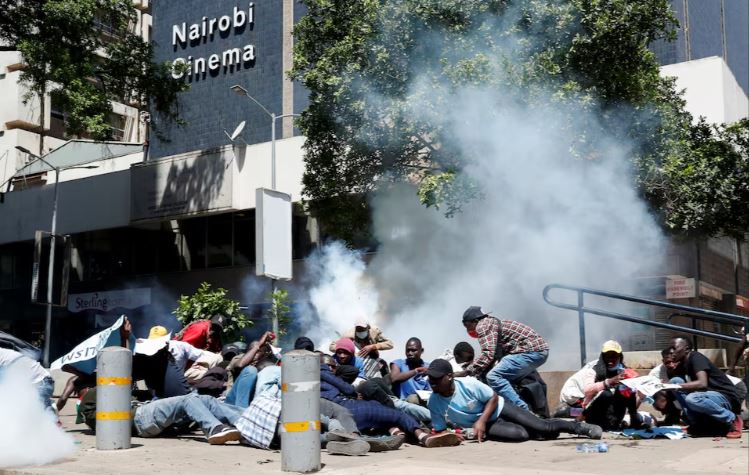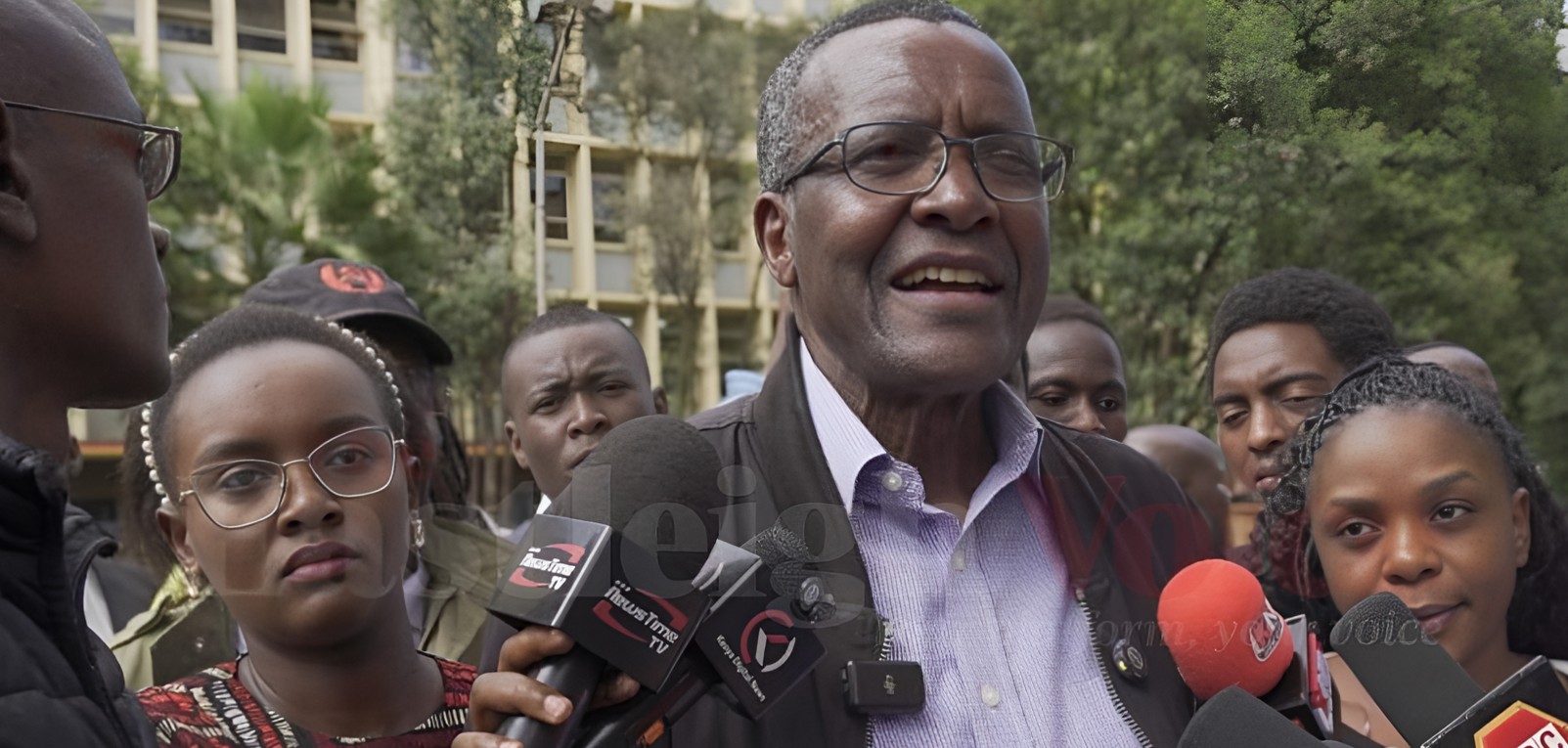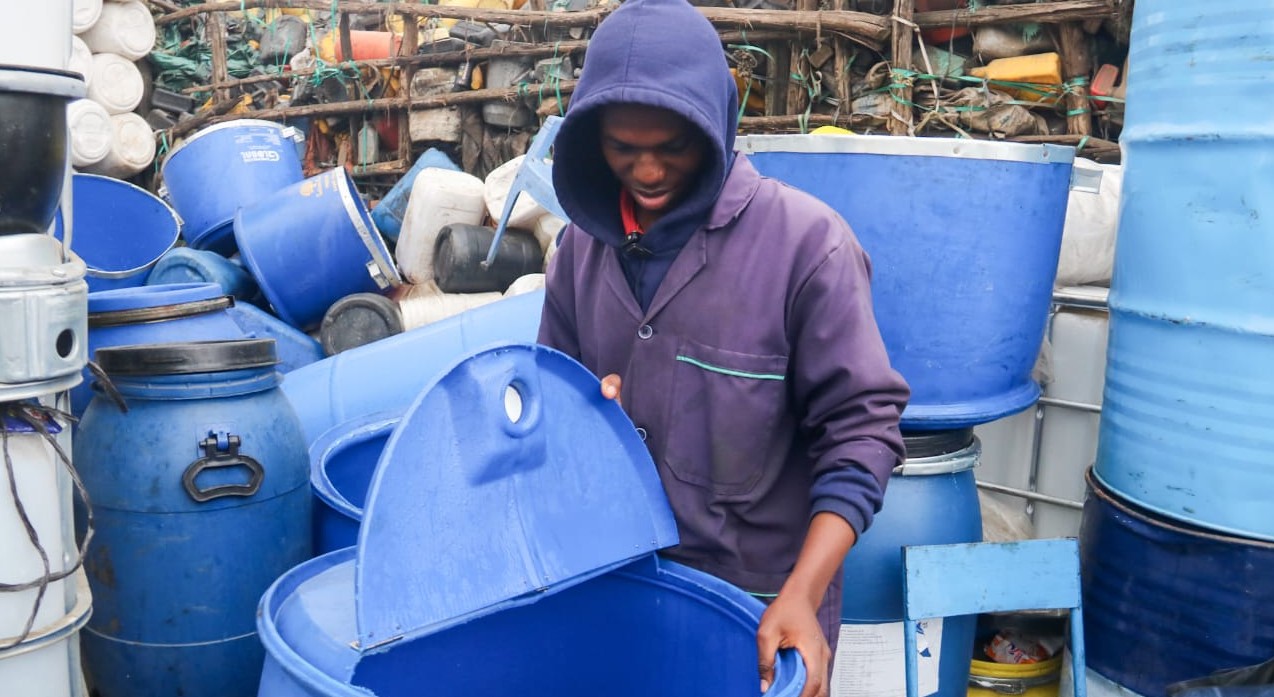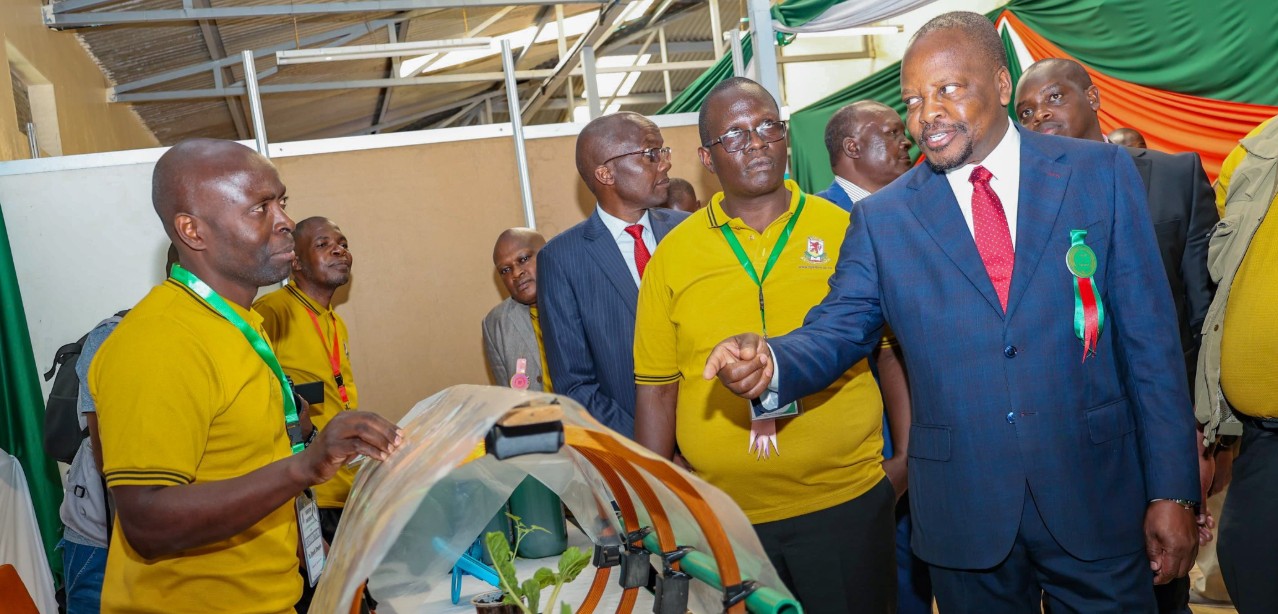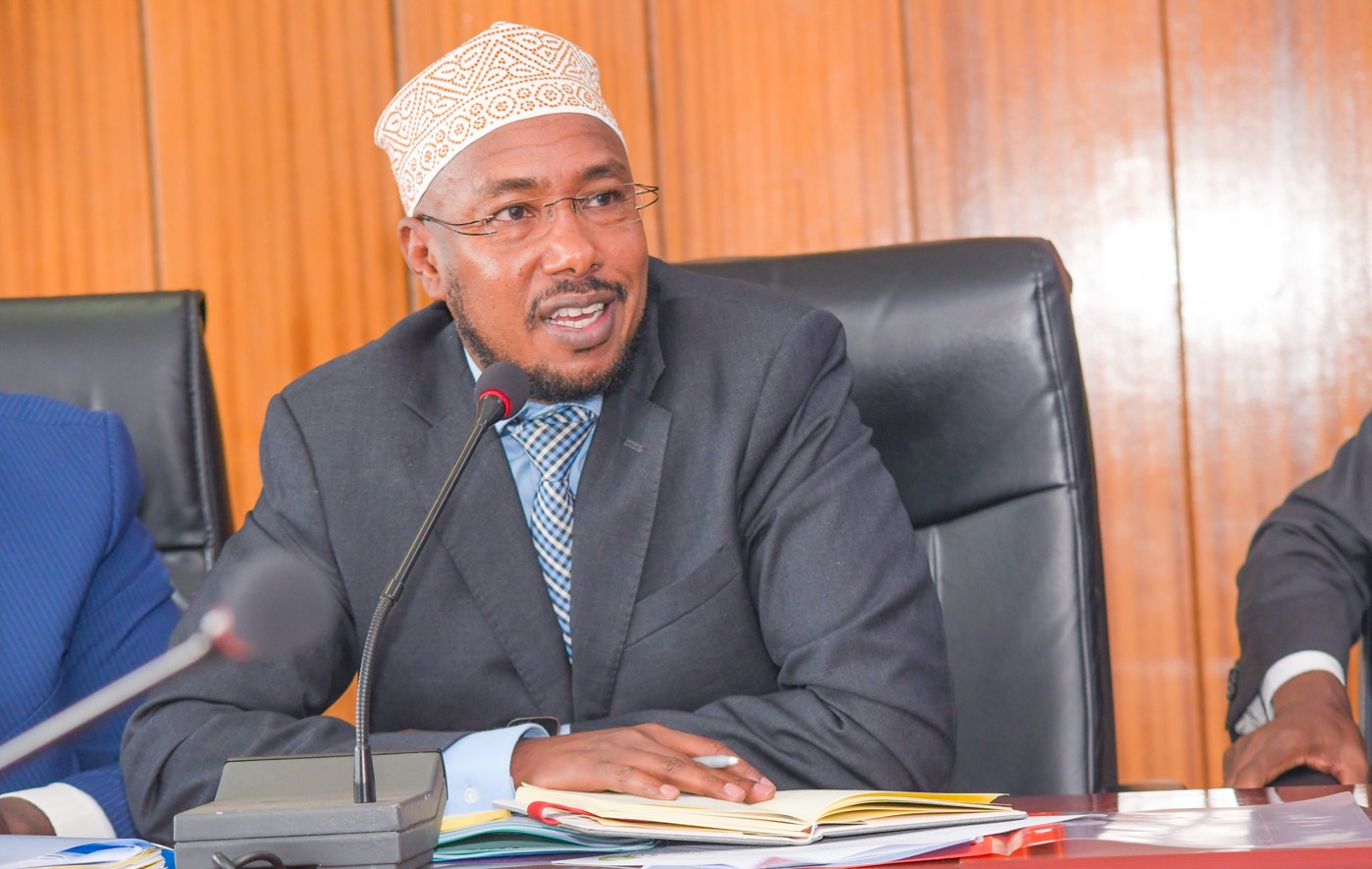Haki Africa-IPOA project promises stronger fight against torture in Kenya
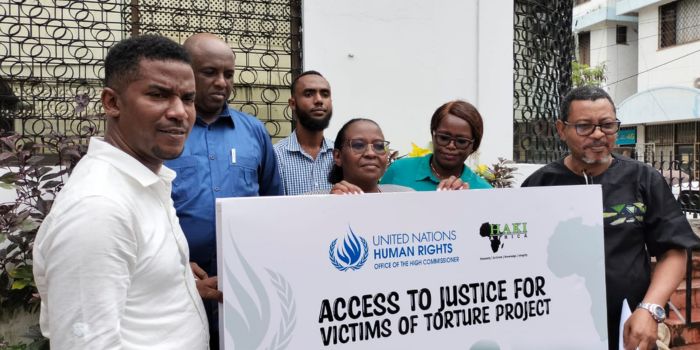
The Access to Justice for Victims of Torture project, funded by the UN, will address torture cases while protecting victims' rights.
Human rights group Haki Africa, in partnership with the Independent Policing Oversight Authority (IPOA) and the United Nations, has launched a year-long project to boost the fight against torture in Kenya.
The "Access to Justice for Victims of Torture" initiative aims to address torture cases while protecting the rights of victims. It will be implemented in five counties—Mombasa, Kwale, Lamu, Nairobi, and Siaya—where torture cases have been reported.
More To Read
- Kenya police brutality: It will take more than laws, public anger to change behaviour
- Civil society raises alarm over 49 police killings since January
- Police torture case against British national to proceed on October 24
- Opposition leaders demand justice amid rising cases of abductions, police brutality
- Ex-IG of Police Koome's bid to overturn brutality ruling dismissed by High Court
- Kenya needs special courts to handle police rights abuse cases - IPOA
Speaking during the launch in Mombasa County on Wednesday, IPOA Chairperson Anne Makori noted the need to tackle the issue head-on as "police have been blamed over time for being the perpetrators of torture."
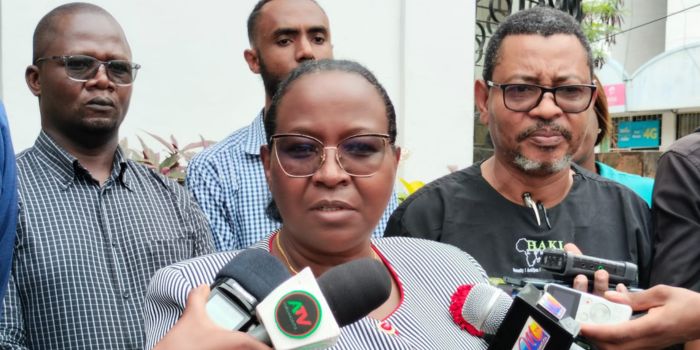 IPOA Chairperson Anne Makori addresses the press at Haki Africa's offices in Mombasa County, during the launch of the "Access to Justice for Victims of Torture" project on April 24, 2024. (Photo: Farhiya Hussein)
IPOA Chairperson Anne Makori addresses the press at Haki Africa's offices in Mombasa County, during the launch of the "Access to Justice for Victims of Torture" project on April 24, 2024. (Photo: Farhiya Hussein)
Makori also highlighted the importance of collaboration with civil society organisations in upholding human rights, saying this strengthens the legal framework, and ensures compliance with national laws, the constitution, and international treaties ratified by Kenya.
“The legal framework is not the challenge because we have the Prevention of Torture Act of 2017. The challenges lie in the implementation and observance of the law."
“This very important project will ensure there is legal aid, that investigations are done," Makori said. "Should culpability be established and if prosecution is successful, Haki Africa can come in and support victims with civic litigation."
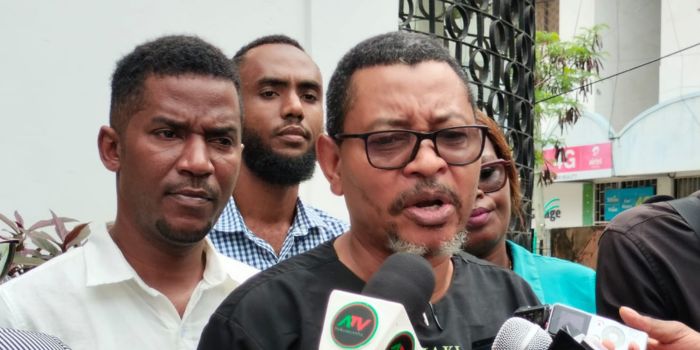 Haki Africa Executive Director Yusuf Abubakar addresses the press at their offices in Mombasa County, during the launch of the "Access to Justice for Victims of Torture" project on April 24, 2024. (Photo: Farhiya Hussein)
Haki Africa Executive Director Yusuf Abubakar addresses the press at their offices in Mombasa County, during the launch of the "Access to Justice for Victims of Torture" project on April 24, 2024. (Photo: Farhiya Hussein)
Haki Africa Executive Director Yusuf Abubakar thanked the government for fulfilling its promise to adhere to the UN Convention against Torture by passing the Prevention of Torture Act.
Yusuf noted, however, that some government officials still violate this law, perpetuating torture in various forms. He gave examples such as arbitrary arrests, weekend detentions without legal basis, and extrajudicial killings as manifestations of torture that undermine both physical and mental well-being.
Yusuf also spoke about collaborations by Haki Africa, the government, and institutions like POA in reducing and ultimately eliminating torture in Kenya, ensuring the rule of law prevails.
Mathias Shipeta, the rapid response officer at Haki Africa, noted a decline in reported cases since the promulgation of the constitution, attributing it to increased awareness and advocacy efforts.
The project against torture aims to support victims with medical expenses and legal representation, particularly in compensation cases.
“This initiative will extend to grassroots communities, with the establishment of legal aid clinics led by our lawyers,” Shipeta said, thanking the UN Human Rights Office of the High Commissioner for funding the project.
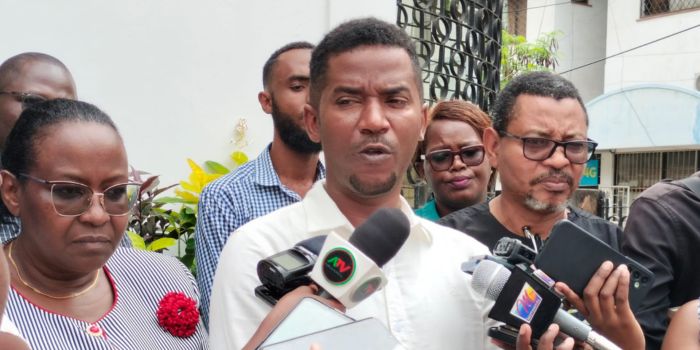 Mathias Shipeta, the rapid response officer at Haki Africa, speaks to journalists at their Mombasa offices on April 24, 2024, during the launch of the "Access to Justice for Victims of Torture" project. (Photo: Farhiya Hussein)
Mathias Shipeta, the rapid response officer at Haki Africa, speaks to journalists at their Mombasa offices on April 24, 2024, during the launch of the "Access to Justice for Victims of Torture" project. (Photo: Farhiya Hussein)
Shipeta further noted that over the last 10 years, they have recorded at least 632 cases of torture, including police brutality, enforced disappearances and extrajudicial killings.
"We aim to reach communities and explore new methods to reduce torture cases further," he said. "We seek cooperation with the central government, not conflict, to work towards reducing torture cases."
Earlier on Wednesday, the annual Missing Voices report on alleged extrajudicial killings in Kenya showed that the number of victims decreased from 130 in 2022 to 118 last year.
The coalition of rights groups further reported that the number of victims of enforced disappearances also decreased, from 22 in 2022 to 10 last year.
However, the coalition noted that gaps remain, among them the transfer of tens of detectives from the Internal Affairs Unit (IAU), which it said threatens to destabilise the unit that has played a key role in probing police excesses in the country.
Top Stories Today
